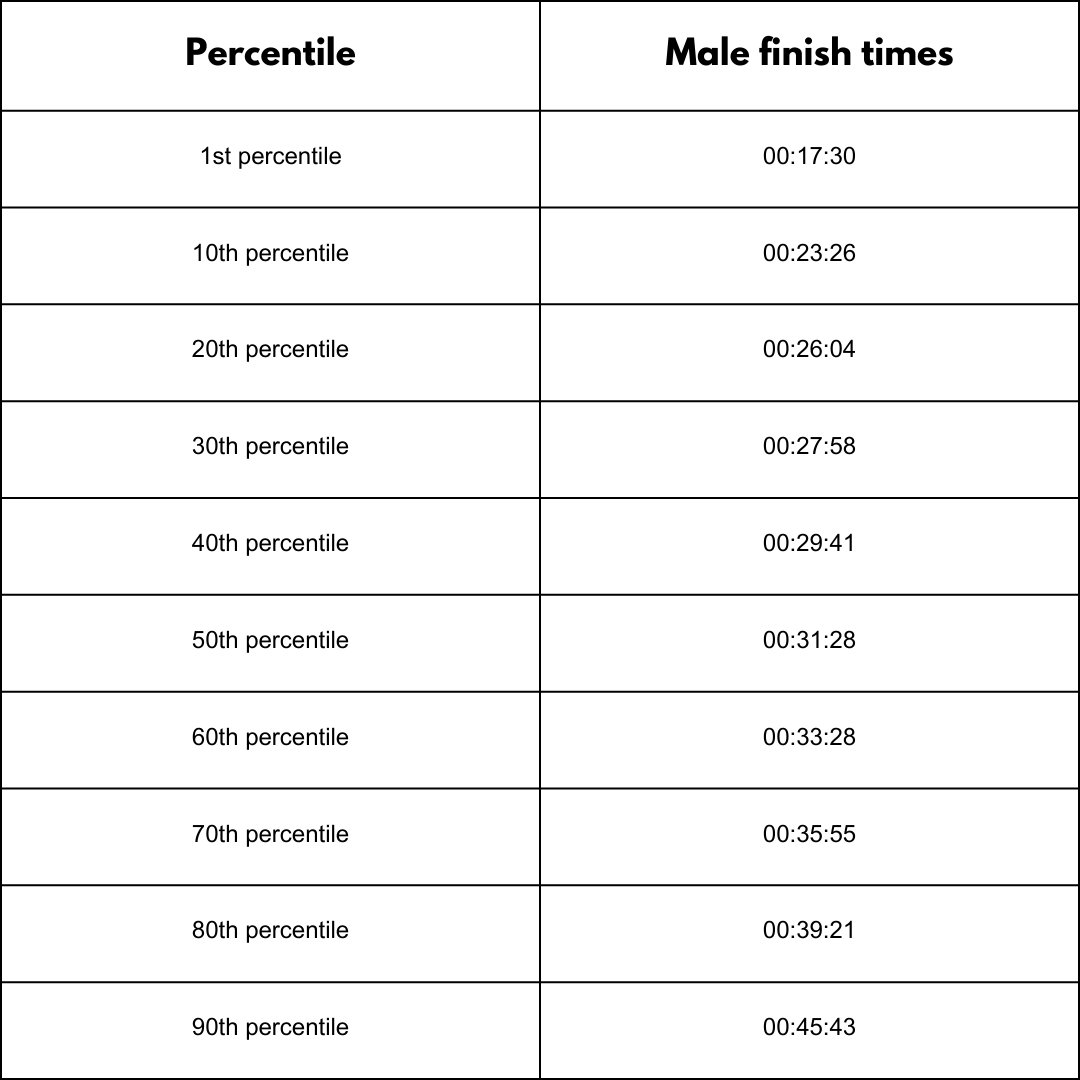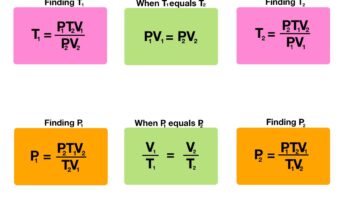The average human running speed varies considerably among individuals. Competitive sprinters reach speeds of about 25 miles per hour, while recreational runners typically range from 5 to 10 miles per hour. Factors influencing this speed include fitness level, age, and training regimen. Understanding your own average human running speed can help you set realistic fitness goals and track your progress effectively. Whether you are a seasoned athlete or a novice looking to improve your endurance, unlocking your potential speed can lead to a more fulfilling running experience.
The Fascinating World of Average Human Running Speed
Have you ever wondered how fast humans can run? In this article, we are going to delve into the exciting realm of average human running speed. Running is not only a great form of exercise but also a fascinating aspect of human capability. Let’s explore the different factors that influence how fast we can run and discover some interesting facts along the way.
What is Average Human Running Speed?
On average, humans can run at a speed of around 8.6 miles per hour (13.8 kilometers per hour). However, this speed can vary greatly depending on various factors such as age, fitness level, and training.
Factors Affecting Running Speed
1. Age: Children tend to run faster than adults due to their higher energy levels and natural agility. As we age, our running speed may decrease due to factors such as muscle loss and reduced flexibility.
2. Fitness Level: People who engage in regular physical activity and training are likely to have a faster running speed compared to those who are sedentary. Training can improve cardiovascular fitness, muscle strength, and endurance, all of which contribute to increased speed.
3. Genetics: Some individuals are naturally predisposed to be faster runners due to their genetic makeup. Factors such as muscle fiber type, lung capacity, and biomechanics play a role in determining running speed.
4. Terrain: Running on different surfaces can impact speed. For example, running on a track or treadmill may allow for faster speeds compared to running on rough terrain or uphill.
The Fastest Human Runners
The world record for the fastest human sprinter is held by Usain Bolt, who clocked an astounding top speed of 27.8 miles per hour (44.72 kilometers per hour) during his 100-meter world record run in 2009. While most of us may not reach such incredible speeds, it’s inspiring to see what the human body is capable of achieving with dedication and training.
Training to Improve Running Speed
If you’re looking to increase your running speed, there are several training strategies you can implement to help you reach your goals.
Interval Training
Interval training involves alternating between high-intensity bursts of speed and periods of rest or low-intensity recovery. This type of training can improve your cardiovascular fitness, endurance, and speed over time.
Strength Training
Incorporating strength training exercises such as squats, lunges, and plyometrics into your workout routine can help improve muscle strength and power, which are essential for running speed.
Proper Form
Maintaining good running form can also contribute to faster speeds. Focus on proper posture, arm swing, and foot strike to optimize your running efficiency and speed.
Fun Facts About Running Speed
– The average walking speed for humans is around 3.1 miles per hour (5 kilometers per hour), which is significantly slower than running speed.
– The fastest recorded marathon time was set by Eliud Kipchoge in 2018, with a time of 2 hours, 1 minute, and 39 seconds.
– The fastest animal on Earth, the cheetah, can reach speeds of up to 75 miles per hour (120 kilometers per hour) in short bursts.
In conclusion, the average human running speed is a fascinating subject that showcases the human body’s incredible capabilities. Whether you’re a seasoned runner or just starting out, understanding the factors that influence running speed can help you set realistic goals and work towards improving your performance. So lace up your running shoes, hit the track, and see how fast you can go!
How Fast Can Humans Theoretically Run?
Frequently Asked Questions
What is the average human running speed?
The average human running speed varies greatly depending on factors such as age, gender, fitness level, and distance. However, for most adults, the average running speed ranges from 5 to 8 miles per hour.
How does age influence the average running speed of a person?
Age can significantly impact an individual’s running speed. Generally, younger individuals tend to run faster than older individuals due to factors like muscle strength, endurance, and overall physical condition.
Can training improve an individual’s average running speed?
Absolutely. Regular training, including running drills, interval training, and strength exercises, can help improve an individual’s running speed over time. Consistent training not only enhances speed but also boosts endurance and overall performance.
Final Thoughts
In conclusion, the average human running speed varies between individuals due to factors such as fitness level, age, and training. However, generally speaking, an average human can run at a speed of around 8 to 10 miles per hour. It is essential to remember that with proper training and dedication, individuals can improve their running speed over time. Regular practice and consistency are key to achieving faster speeds and reaching personal fitness goals.




